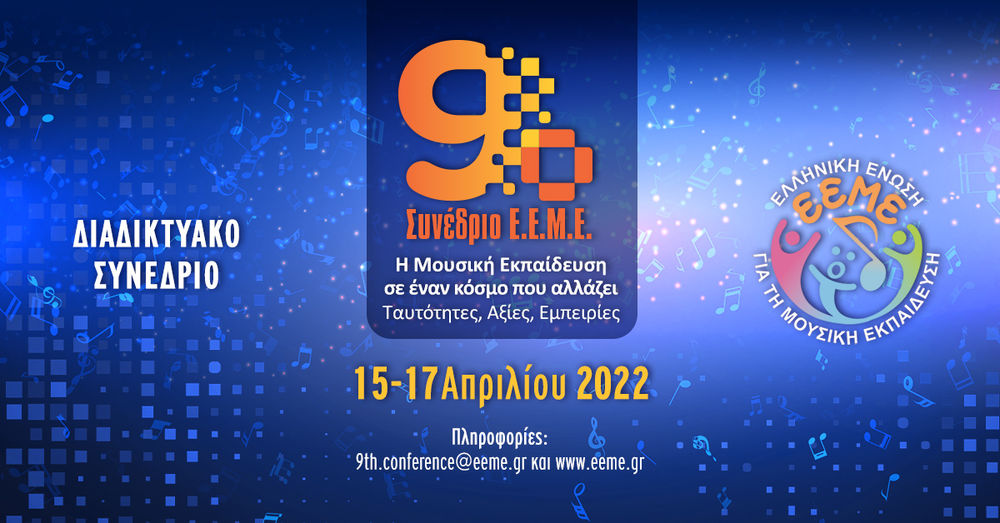
“Betwixt and Between”: Navigating Conflicting Music Educational Values During Troubled Times
Estelle R. Jorgensen
Professor Emerita of Music (Music Education) at Indiana University Jacobs School of Music
Editor, Philosophy of Music Education Review (https://iupress.org/journals/pmer/)
http://www.estellejorgensen.com
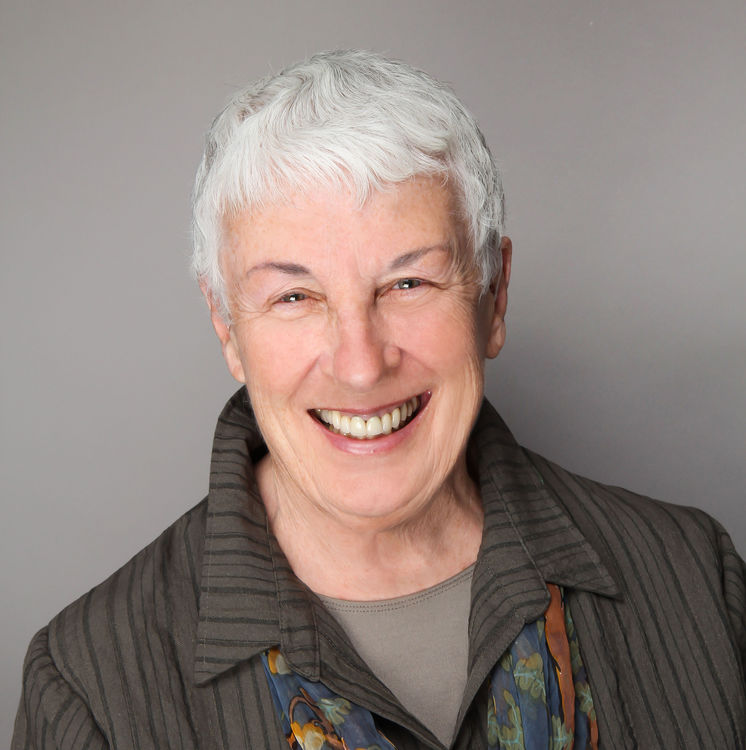 Music teachers are caught between good and evil, and in Aristotelian vein, too little or too much of a good thing. They navigate between the conceptual world of ideas and ideals and the phenomenal world where values may be more-or-less realized. Their predicament is exacerbated by the wider context of troubled times that raise the stakes for finding a way forward. In illustrating these musical and ethical dilemmas, two antithetical values—inclusion and exclusion—are sketched. Five principles are outlined that may guide music teachers in negotiating the fraught middle ground between conflicting values in search of a music education that benefits humankind in all its diverse manifestations.
Music teachers are caught between good and evil, and in Aristotelian vein, too little or too much of a good thing. They navigate between the conceptual world of ideas and ideals and the phenomenal world where values may be more-or-less realized. Their predicament is exacerbated by the wider context of troubled times that raise the stakes for finding a way forward. In illustrating these musical and ethical dilemmas, two antithetical values—inclusion and exclusion—are sketched. Five principles are outlined that may guide music teachers in negotiating the fraught middle ground between conflicting values in search of a music education that benefits humankind in all its diverse manifestations.
|
Estelle R. Jorgensen is Professor Emerita of Music (Music Education) at Indiana University Jacobs School of Music, U.S.A., Contributing Faculty at Walden University, U.S.A., and Editor of the Philosophy of Music Education Review. The founding co-chair of the International Society for the Philosophy of Music Education, she has edited two essay collections Philosopher-Teacher-Musician: Contemporary Perspectives on Music Education, and (with Iris Yob) Humane Music Education for the Common Good, and authored In Search of Music Education, Transforming Music Education, The Art of Teaching Music, Pictures of Music Education, Values and Music Education, and numerous articles in music educational journals internationally. She is the recipient of two honorary doctoral degrees in music and the 2020 Senior Researcher Award by the National Association for Music Education in the United States. |
Teaching in Pandemic Times
Randall Everett Allsup
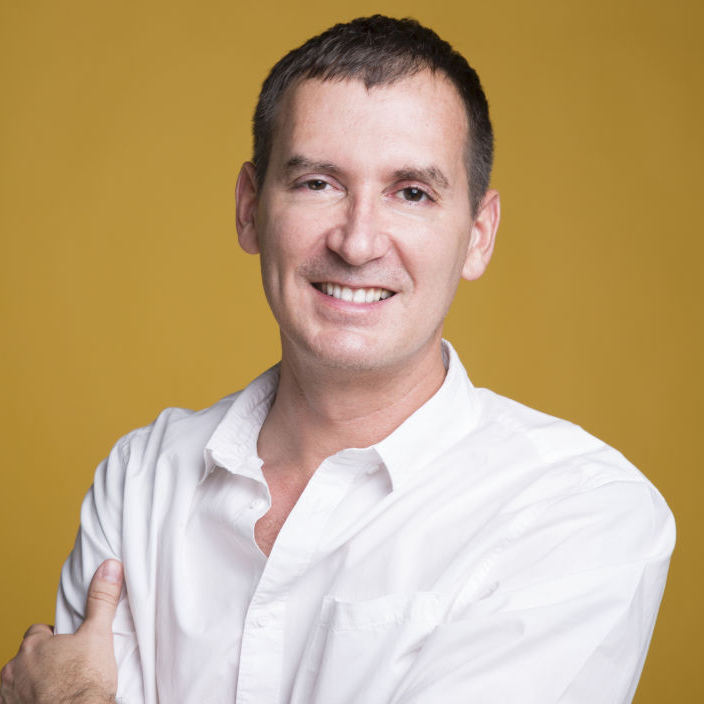 In this presentation, I share insights about what I have learned while teaching in pandemic times – specifically, what I have learned about myself, and what I have learned about my teaching. The muddle of remote, hybrid, and in-person teaching meant that music teachers were constantly experimenting with their work. Forgotten pedagogies like portfolio-based learning suddenly made new sense. Creative teaching strategies and open-ended assignments permitted students to speak radically. Improvisation became more about invention than just building skills. With health and well-being are on my mind, my students and I created new relationships to art, repetition, and practice. The prevalence of trauma and loss made spiral-minded growth feel disingenuous. I wonder about the impossibility of what we call teacher training or teacher preparation. And processes once held sacrosanct, like dialogue, shifted –what does it mean to witness more than talk? In virtuality, the idea of curriculum-as-assemblage is newly realized outside the strictures of linear time.
In this presentation, I share insights about what I have learned while teaching in pandemic times – specifically, what I have learned about myself, and what I have learned about my teaching. The muddle of remote, hybrid, and in-person teaching meant that music teachers were constantly experimenting with their work. Forgotten pedagogies like portfolio-based learning suddenly made new sense. Creative teaching strategies and open-ended assignments permitted students to speak radically. Improvisation became more about invention than just building skills. With health and well-being are on my mind, my students and I created new relationships to art, repetition, and practice. The prevalence of trauma and loss made spiral-minded growth feel disingenuous. I wonder about the impossibility of what we call teacher training or teacher preparation. And processes once held sacrosanct, like dialogue, shifted –what does it mean to witness more than talk? In virtuality, the idea of curriculum-as-assemblage is newly realized outside the strictures of linear time.
As pandemic leads to endemic, and endemic leads to . . . what? Will we abandon these insights, and return to normal? Can we?
Keywords: portfolio learning; assemblage; witnessing; open-ended learning.
|
Randall Everett Allsup is Professor of Music Education at Teachers College Columbia University, Chair of the Music and Music Education Search Committee (Fall 2021) and Editor of the “Counterpoints: Music and Education” series (Indiana University Press). His research interests lie in the fields of Instrumental Music Education, Teacher Education, Philosophies of Music and Arts Education, Classroom Creativity and Democratic Education, Social Justice and Equity and Urban Education. He is the author of the book: Remixing the Classroom: Toward an Open Philosophy of Music Education (2016, Bloomington: Indiana, IN: Indiana University Press).
|
Here we are again
Thomas A. Regelski
https://www.researchgate.net/profile/Thomas-Regelski
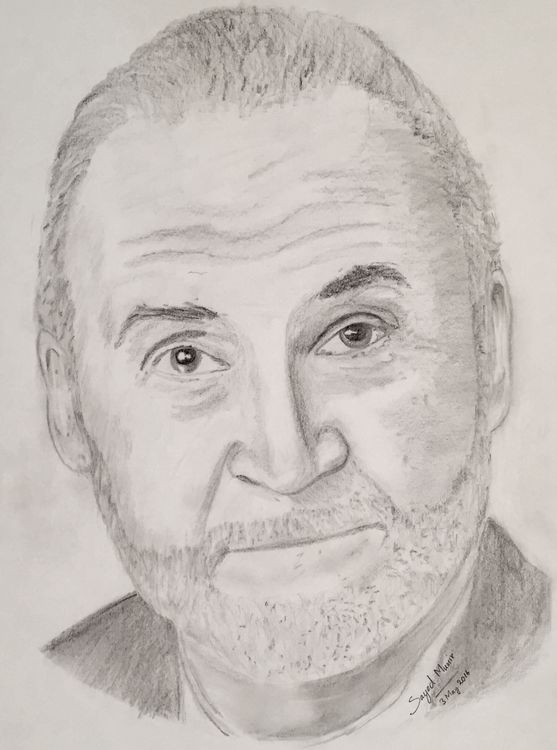 The praxis of music has been with us since the beginning of mankind. Since then countless thinkers have speculated on its value and essence, and music philosophers have included their theories about it in their Grand Philosophies. Though Aristotle's empiricism eventually led to science, early music philosophies consistently advanced certain core premises of orthodox aesthetics that were largely devoid of what today would be called the social sciences and their evidence against aesthetic speculation. This trend continues today among music educators whose similar attempts at rationalizing the existence and study of music have led them to claim the status of "philosopher" and their efforts to be "philosophy." With so many philosophers one might think we should have greater clarity on these important issues and questions, yet that is not the case. I will offer a survey of the history of these attempts, their failures, and propose ‘neopragmatic’ conclusions enriched by the findings of ‘phenomenological sociology’. I have thus recently ceased referring to my findings as "praxial" and, instead, as "pra_xi_cal" for its resonance with "practical". Shorn of analytic aesthetic speculations about music and music education, I shall propose that contemporary thinking about music in education should return to its praxical beginnings.
The praxis of music has been with us since the beginning of mankind. Since then countless thinkers have speculated on its value and essence, and music philosophers have included their theories about it in their Grand Philosophies. Though Aristotle's empiricism eventually led to science, early music philosophies consistently advanced certain core premises of orthodox aesthetics that were largely devoid of what today would be called the social sciences and their evidence against aesthetic speculation. This trend continues today among music educators whose similar attempts at rationalizing the existence and study of music have led them to claim the status of "philosopher" and their efforts to be "philosophy." With so many philosophers one might think we should have greater clarity on these important issues and questions, yet that is not the case. I will offer a survey of the history of these attempts, their failures, and propose ‘neopragmatic’ conclusions enriched by the findings of ‘phenomenological sociology’. I have thus recently ceased referring to my findings as "praxial" and, instead, as "pra_xi_cal" for its resonance with "practical". Shorn of analytic aesthetic speculations about music and music education, I shall propose that contemporary thinking about music in education should return to its praxical beginnings.
Keywords: praxis, praxical theory, aesthetics, philosophy, phenomenological sociology, neopragmatism
Photo: Drawing done by the Afgan refugee living with us, Munir Sayed Mohammed
| Regelski, Thomas (b Goshen, NY, 4 May 1941). Music educator, scholar. He graduated from the State University of New York at Fredonia (BM 1962), Teachers College, Columbia University (MM 1963), and Ohio University (PhD 1970) He is a Distinguished Professor of Music (Emeritus) at SUNY Fredonia, where he taught choral conducting, secondary school music methods, and foundations of music education (1970-2001). Since then he has taught courses in scholarly writing as a docent at Helsinki University (2001-present). Previously he taught music in the public schools of Bemus Point and Middletown, New York. He also taught at Aichi University in Nagoya, Japan (1985), Sibelius Academy in Helsinki, Finland (as a Fulbright Scholar in 2000), and was a research fellow at the Philosophy of Education Research Center at Harvard University (1991). He is co-founder of the international interdisciplinary association of music scholars, The MayDay Group (http://www.maydaygroup.org/) (1993) and first editor of its electronic journal, Action, Criticism, and Theory for Music Education [ACT] (2002-07) (http://act.maydaygroup.org/) and founding editor of TOPICS for Music Education Praxis (http://topics.maydaygroup.org/). He is the author of over 130 refereed journal articles, Principles and Problems of Music Education (1975), Arts Education and Brain Research (1978), Teaching General Music (1981), and Teaching General Music in Grades 4-8 (2004), A Brief Theory of Music as Social Praxis (2012), Curriculum Philosophy and Theory for Music Education Praxis (2021) and co-editor (with J.T. Gates) of Music Education for Changing Times (2009). |
Music education or music as educator: a reflective approach to roles
Olympia Agalianou
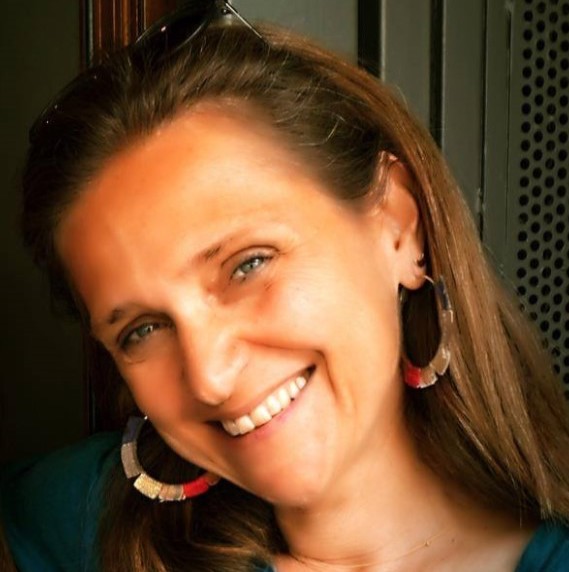 Each teacher constantly confronts with three interdependent questions: what, how and why I teach. The order in which they are posed varies and, to some extent, depends on the educational context that sometimes define the answer to one of them, thus influencing the others. The subject of music education is music. As a comprehensive art, that encompasses also speech and movement and as a universal dynamic phenomenon, it is almost impossible to give music a conceptual definition. It is also difficult to define its content as an educational subject. So what do we teach, how and why? Often, we praise music education because it helps develop cognitive skills or aids in school performance. Sometimes we present music education as a way of relaxation and other times as the acquisition of various skills, that leads to participation in a very demanding practice that requires "talent". It seems that many times, either music in education is used as a tool for irrelevant purposes, or it is perceived with awe because participating in music is presented as something very demanding
Each teacher constantly confronts with three interdependent questions: what, how and why I teach. The order in which they are posed varies and, to some extent, depends on the educational context that sometimes define the answer to one of them, thus influencing the others. The subject of music education is music. As a comprehensive art, that encompasses also speech and movement and as a universal dynamic phenomenon, it is almost impossible to give music a conceptual definition. It is also difficult to define its content as an educational subject. So what do we teach, how and why? Often, we praise music education because it helps develop cognitive skills or aids in school performance. Sometimes we present music education as a way of relaxation and other times as the acquisition of various skills, that leads to participation in a very demanding practice that requires "talent". It seems that many times, either music in education is used as a tool for irrelevant purposes, or it is perceived with awe because participating in music is presented as something very demanding
My wish is to present the autoethnography of my confrontation with the questions of what I teach, why and how which led me to reconsider my role. Dealing with music education in different communities and at all levels of education, having less to do with the professional culture of conservatories, I treat music as a social art. I easily realized that performing music is a rich experience full of meanings ready for reflection. Assisted by Carl Rogers's person-centered theory, I began to identify myself as a mediator in the role of inviting music and facilitating music praxis. Influenced by the vision of Christopher Small, the thoughts of David Elliot and fascinated by the flow theory of Mihaly Csikszentmihalyi, gradually I trusted the role of educator in the music itself. My main concern was to ensure the participation of everyone, from any of the roles of composer, performer or audience, so that music takes on teaching. Systematic observation revealed that music could teach each participant what he or she needed or were willing to learn through a differentiated learning process.
Realizing that technology has completely changed the ways, we listen, perform and create music, in conjunction with the development of the completely different pole of community music, intensify my effort. In addition, my relationship with Orff-Schulwerk, guides my searches, given the ancient Greek concept of music, the power of rhythm, the value of the elemental and its development. It also brings to the core improvisation and composition by offering techniques and strategies that focused on creativity and ensured participation.
That is why my intention is through autoethnographic references to reverse the roles and to trust teaching in the music itself. In this view, teachers take on the role of facilitator and participate in the music praxis with a distinct role in each group they organize and lead.
|
Olympia Agalianou is Special Teaching Staff at department of Early Childhood Education of National and Kapodistrian University of Athens (N.K.U.A.) and teaches in master programs of N.K.U.A, University of Macedonia, Ionian University and Democritus University. He is the author of a monograph, numerous chapters in Greek and foreign language publications and articles in journals and conference proceedings. She has served in primary education, has worked as a choreographer and collaborates with institutions and universities in Greece and abroad in an adult education programs. Her research interests focus on community music and the connection among arts in education with the aim of personal development and social cohesion. She is the honorary president of the Hellenic Orff-Schulwerk Association. |
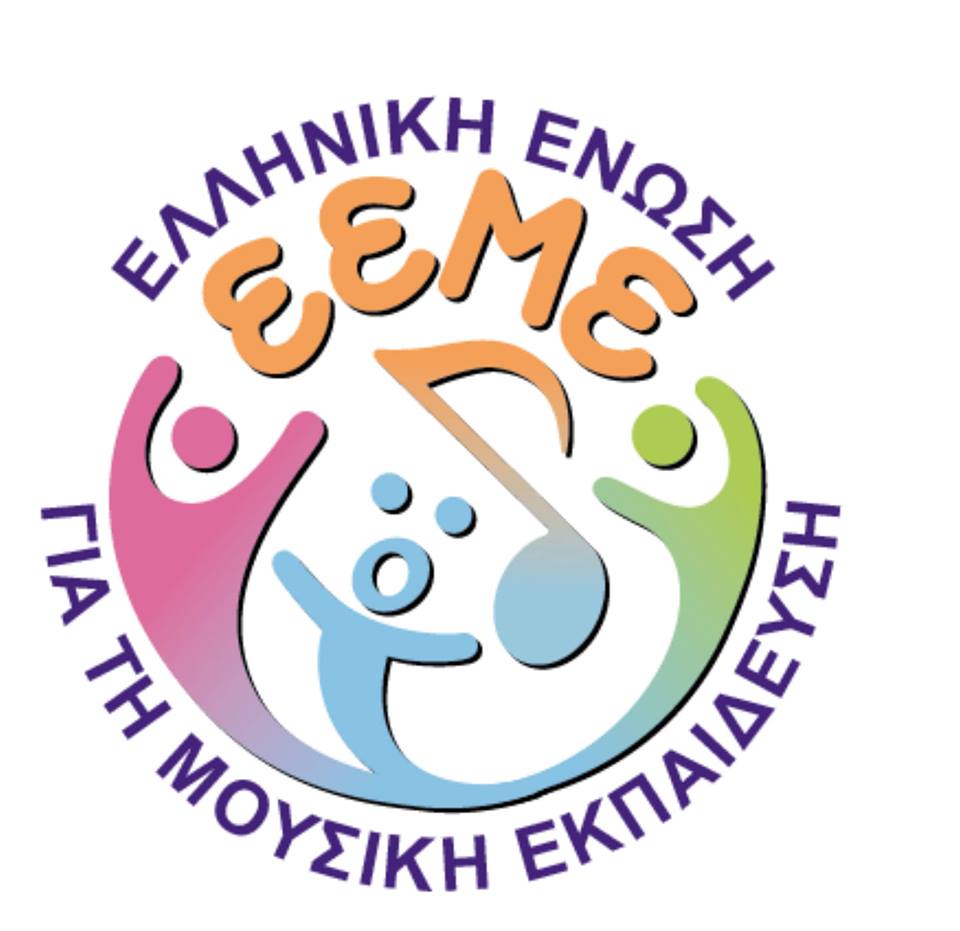




 Please wait...
Please wait...